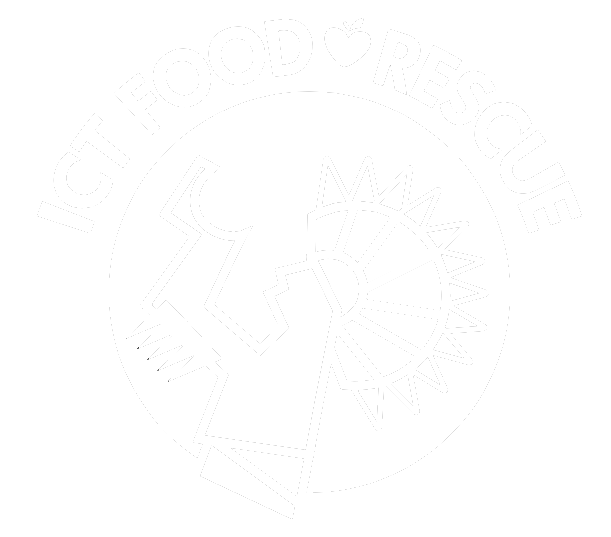Frequently Asked Questions
1. I am not very tech savvy…do I have to use the software?
Yes. Our software is very user friendly and easy to navigate. It is straight-forward to and for the purpose of food recovery. In order to best communicate and make each rescue route successful the best manner in which to do this is utilizing the benefit of our software.
2. Why don’t more restaurants use food recovery?
Although Bill Clinton enacted the Bill Emerson Good Samaritan Food Donation Act on October 1, 1996 it is not widely know. It is a common misconception that food surplus MUST be thrown out. This in fact is not the truth.
3. How do you measure the amount of food rescued each month?
The food surplus is recorded by our rescuers after each rescue. Each rescue is “closed” by the rescuer via the software, which then goes into a database. The database can be specific to the city of Wichita or can be added to the national database. Our records are by meals saved.
4. How do I manage a rescue if I’m unable to do it at the last minute?
Our team understands that life sometimes gets in the way. Please click “Release Rescue” on Food Rescue US, this allows another volunteer the opportunity to pick up the rescue. Please know once you release the rescue you are no longer responsible and no further communication is needed.
5. How do you recruit new providers?
We recruit new donors via https://app.foodrescue.us/login. In an effort to grow at a sustainable rate we take on an average of 1-2 donors per month. The process of food recovery is a system of sorts that takes growth on three different aspects: donors, rescuers, and receivers. If we have too many donors and not enough receivers our system might fail. In addition without enough rescuers too many donors would only cause food surplus to sit at the donation site.
6. Can the public help recruit business?
Of course! The best thing that the public can do is learn, rescue, and then educate. New business comes from multiple angles. Not only do we need donors to be successful in food recovery but also organizations to receive the food surplus and rescuers to provide the vital service of picking up and delivering the food surplus. Food recovery is a fairly new concept. Therefore, at this point in the game just knowing that it is an option and being able to pass on that information is vital to the success of food recovery in our community.
7. How are you funded?
We are a 501(c)3 organization. Our funding comes from public donations, foundation grants, and private funding.
